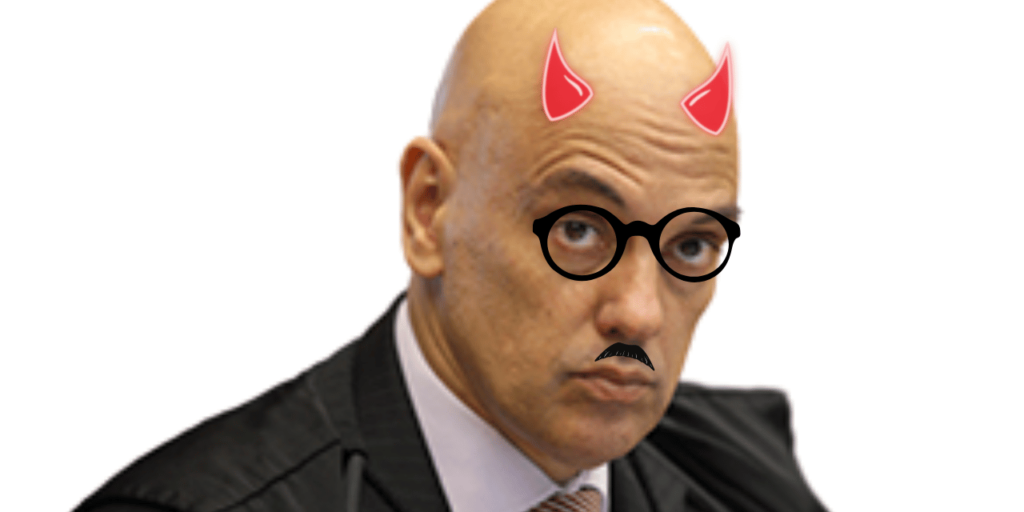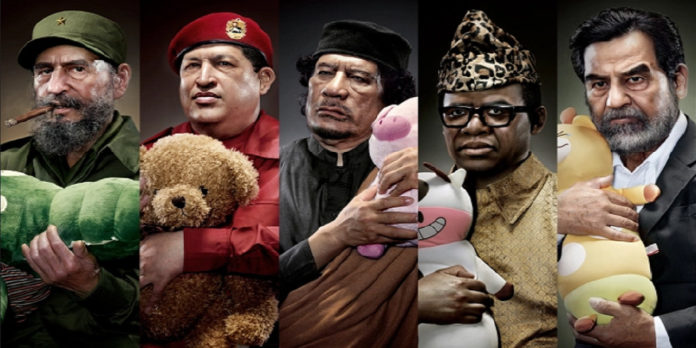Em uma recente entrevista, o Ministro do Supremo Tribunal Federal (STF), Luís Roberto Barroso, afirmou que, ao assumir a presidência do tribunal em 28 de setembro, colocará diversos temas que considera relevantes na pauta. No entanto, segundo a avaliação do advogado e professor Ives Gandra da Silva Martins, tais temas deveriam ser discutidos no Poder Legislativo e não no STF.
Gandra lembra que acompanhou os debates e trabalhos da Assembleia Constituinte em 1987-1988 e conversou com Bernardo Cabral, o relator, com o Presidente Ulisses Guimarães, e com diversos presidentes de subcomissões e comissões, como José Serra, Dornelles, Delfim Neto e Roberto Campos. Todos trabalharam para garantir que a Constituição mantivesse um equilíbrio entre os Poderes, todos sendo harmônicos e independentes.
O jurista afirma ainda que tem a sensação de que “se os Poderes não forem harmônicos e independentes, dentro dos limites exatos de suas competências, não haverá segurança jurídica no país.”
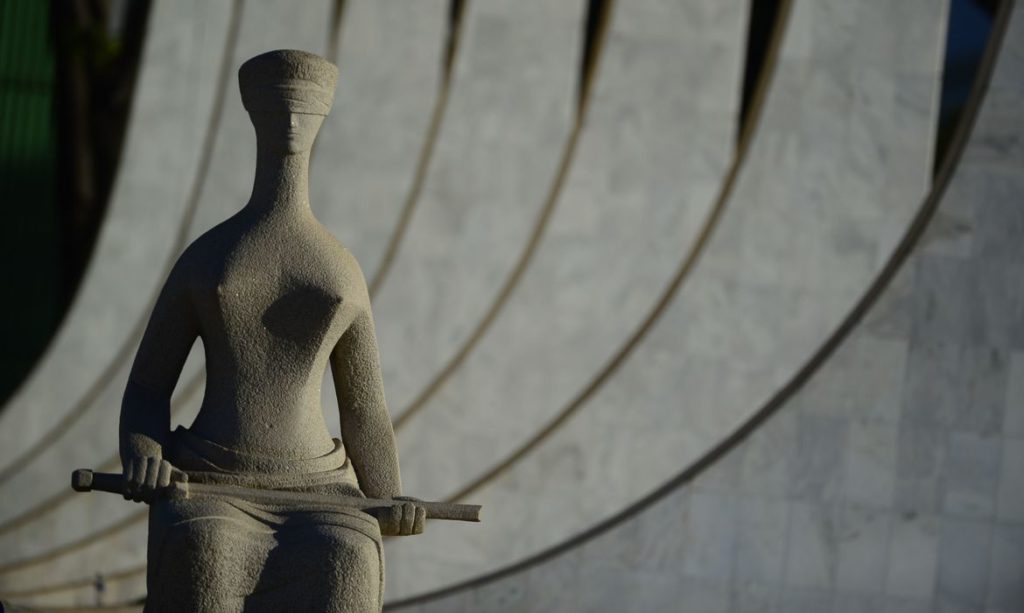
Veja a análise do advogado e professor Ives Gandra da Silva Martins sobre os limites e a competência do Supremo Tribunal Federal.
Pacto Federal, Sistema Tributário, Harmonia entre os Poderes, Amizade com Barroso Amizade com Luís Roberto Barroso “Tenho uma longa amizade e admiração permanente pelo Ministro Luís Roberto Barroso. Trabalhamos juntos na comissão que o ex-Presidente do Senado, Sarney, então Presidente do Senado em 2012, chamou de Comissão dos Notáveis para repensar o Pacto Federativo. Nós éramos apenas 13 membros. O presidente da comissão era o Ministro Nelson Jobim, e ela incluía, entre outros, o ex-Secretário da Receita Federal, Everardo Maciel (relator), e nós tivemos figuras como Paulo Barros de Carvalho, Bernardo Appy, João Paulo dos Reis Velloso (que tinha sido ministro durante o governo militar), em resumo, pessoas que estavam fazendo uma contribuição significativa para repensar o Pacto Federativo e o sistema tributário brasileiro.

Nós escrevemos livros juntos, participamos de palestras juntos, discordamos muito, mas as discordâncias sempre foram em termos muito elevados.
Uma vez, o Ministro Marco Aurélio nos convidou para falar sobre eutanásia, ele defendendo a eutanásia e eu contra a eutanásia, respeitando o direito à vida, em uma palestra presidida pelo Ministro Carlos Ayres Britto, e foi muito agradável no Rio, em Brasília, na faculdade dirigida pelo Ministro Marco Aurélio de Mello.
Fiz essa introdução para dizer o quanto gosto do Ministro Barroso. O tratado de direito constitucional que eu e o Ministro Gilmar Mendes coordenamos para a editora Saraiva, do qual o Ministro Barroso apresentou e escreveu o primeiro estudo substancial, um estudo sobre as várias constituições do Brasil sobre a evolução do direito constitucional no Brasil, é muito bom.
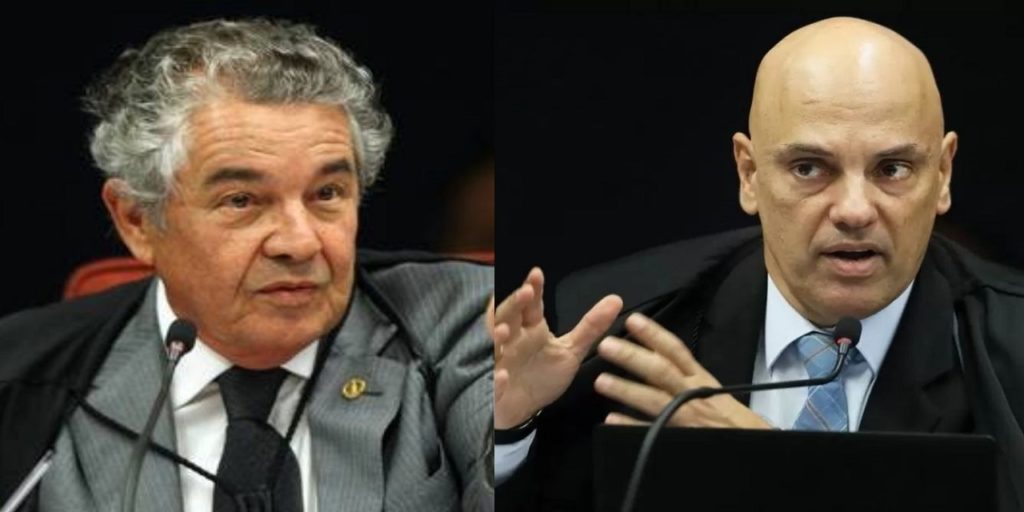
Por que estou dizendo tudo isso? Porque li uma entrevista recente na qual o Ministro Barroso afirmou que, ao assumir a presidência do Supremo Tribunal Federal em 28 de setembro, colocará diversos temas na pauta que considera relevantes, mas são assuntos a serem discutidos no Poder Legislativo e não no STF.
Estou convencido do papel do Poder Legislativo, como eu vi, como participei, como senti durante a Assembleia Constituinte de 1987-1988. Essa competência é exclusiva do Poder Legislativo. Eu vi os debates, conversei com Bernardo Cabral, o relator, com o Presidente Ulisses Guimarães, com os vários presidentes de subcomissões e comissões, José Serra, Dornelles, Delfim Neto, Roberto Campos, e todos eles queriam, pela primeira vez, alcançar um equilíbrio entre os Poderes.
Todos os Poderes devem ser harmônicos e independentes. Saímos de um regime em que havia um poder dominante, que era o Poder Executivo, e dois poderes menores, que, bem, eram liderados pelo Poder Executivo.
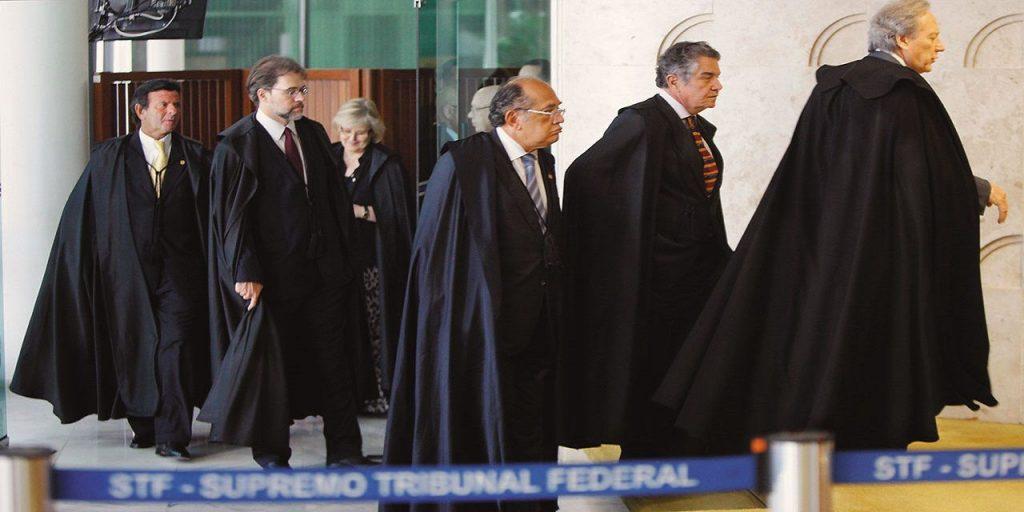
Portanto, os constituintes debateram para que cada Poder exercesse suas funções. É por isso que eles dedicaram do artigo 44 ao 135 da Constituição, o título mais longo da Constituição, exclusivamente para definir, de maneira exaustiva, a competência de cada um dos Poderes.
STF, Legislativo e Segurança Jurídica “Portanto, há certos assuntos que o Legislativo pode decidir e outros que não pode, porque, se o Legislativo sentir que a vontade popular é que um determinado assunto não seja resolvido, o Poder Legislativo não o resolve.
E não cabe, na minha opinião, ao Supremo Tribunal Federal substituir o Poder Legislativo e dizer que, como o Legislativo não está legislando, nós vamos legislar; essa competência não foi atribuída ao Supremo Tribunal Federal. O artigo 49, inciso 11, declara explicitamente que cabe ao Poder Legislativo zelar por sua competência normativa de fazer leis perante os outros dois Poderes, ou seja, o Poder Judiciário e o Poder Executivo, impedindo que eles invadam a esfera de competência do Poder Legislativo. Por exemplo, assuntos como drogas, MST, ocupações de terras, aborto.
Portanto, temas como esses, em que o Supremo diz ‘vocês não estão legislando, nós vamos legislar’, é inadequado o Supremo legislar; eles não foram eleitos pelo povo.
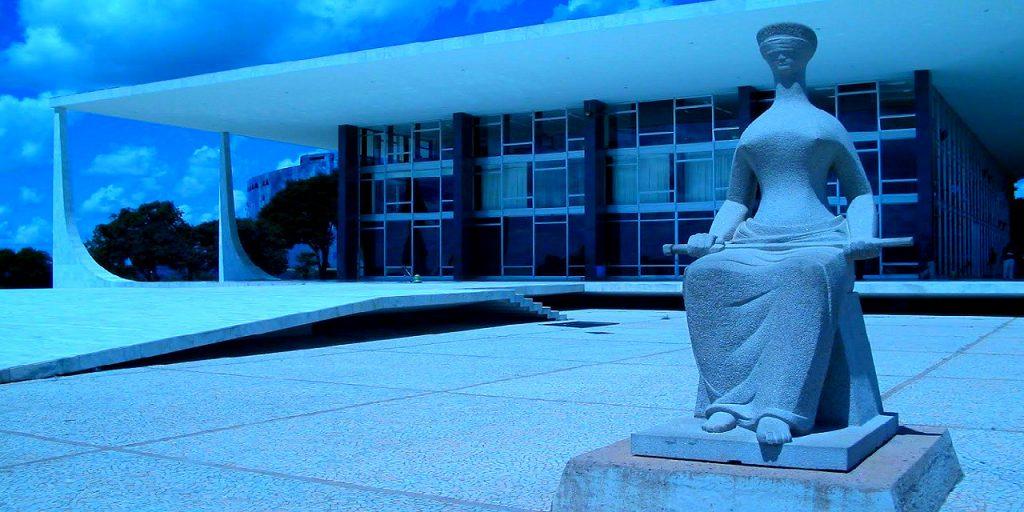
O primeiro artigo da Constituição Federal é muito claro ao dizer que a soberania é exercida pelo povo, e apenas dois Poderes representam o povo, aqueles eleitos pelo povo, o Executivo e o Legislativo. Essa é a razão pela qual, apesar da grande admiração que tenho pelo Ministro Lúis Roberto Barroso – e ele sabe disso, porque tenho reiterado isso em livros, em pareceres, em palestras -, não posso concordar que, ao assumir a presidência do STF em 28 de setembro, ele pretenda considerar que o Poder Legislativo mais importante do país é o STF. E afirmar que ‘sempre que o Legislativo não legislar, nós vamos legislar em seu lugar’. Não. Não acredito que ele pense assim.
Tenho a sensação de que, enquanto não voltarmos àquilo que os constituintes de 1988 desejavam, de fazer com que os Poderes sejam harmônicos e independentes, dentro dos limites exatos de suas competências, não teremos segurança jurídica no país.
Conheço o valor, o mérito extraordinário do Ministro Lúis Roberto Barroso, que considero um dos maiores constitucionalistas do Brasil. Gostaria muito de refletir sobre isso.
Estou convencido de que, enquanto o Supremo não voltar a ser o que era na época do Ministro Moreira Alves, do Ministro Sidney Sanches, do Ministro Cordeiro Guerra, do Ministro Ilmar Galvão, dos Ministros Oscar Correia, dos Ministros que fizeram a história do Supremo, naquele momento, não só a Constituição – que foi promulgada e desejada pelos constituintes de 1988, das audiências públicas das quais participei, estive presente e comentei a Constituição em 15 volumes, durante dez anos, de 1988 a 1998 -, mas também a harmoniosa independência que desejávamos na época passará a ser uma questão controversa. E não teremos segurança jurídica.
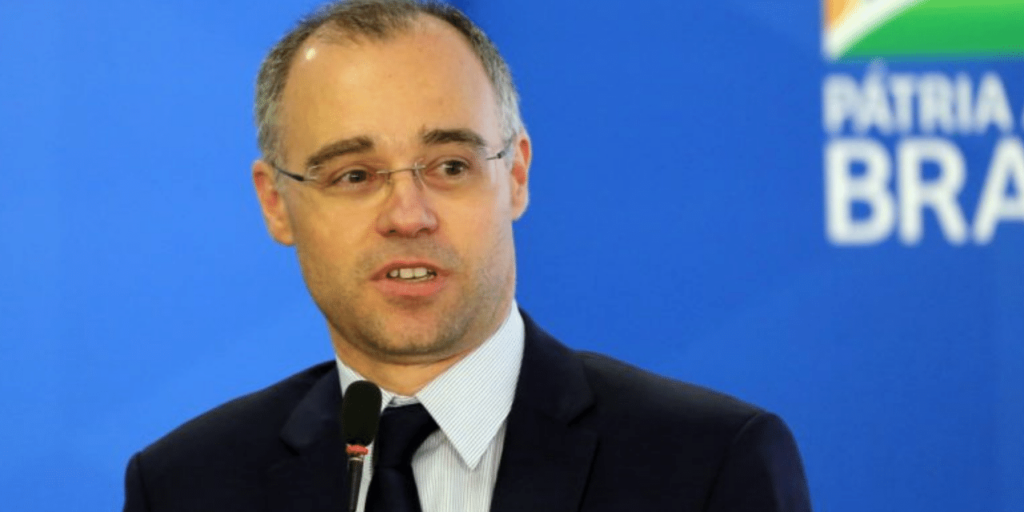
Reitero: o que o Brasil mais precisa neste momento é de segurança jurídica.”
Ives Gandra da Silva Martins é um advogado especializado em direito tributário e constitucional, professor emérito das universidades Mackenzie, Unip, Unifieo, UniFMU, do Ciee/O Estado de São Paulo, das Escolas de Comando e Estado-Maior do Exército (Eceme) e da Superior de Guerra (ESG), além de professor honorário das Universidades Austral (Argentina), San Martin de Porres (Peru) e Vasili Goldis (Romênia). Ele também recebeu títulos de doutor honoris causa das Universidades de Craiova (Romênia) e das PUCs PR e RS. É catedrático da Universidade do Minho (Portugal) e presidente do Conselho Superior de Direito da Fecomercio-SP. Ele também já foi presidente da Academia Paulista de Letras (APL) e do Instituto dos Advogados de São Paulo (Iasp).
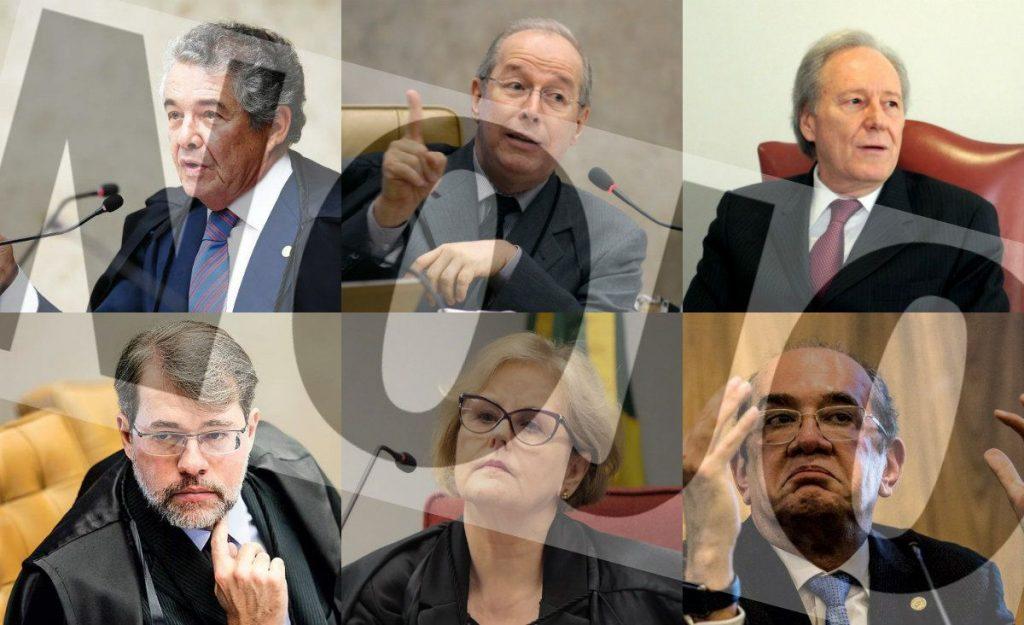
“STF cannot replace the competence of the Legislative Branch,” says lawyer and professor Ives Gandra da Silva Martins
In a recent interview, Supreme Federal Court (STF) Justice Luís Roberto Barroso stated that when he assumes the presidency of the Court on September 28, he will put various topics that he considers relevant on the agenda. However, according to the assessment of lawyer and professor Ives Gandra da Silva Martins, such topics should be a matter for discussion in the Legislative Branch and not in the STF.
Gandra recalls that he followed the debates and work of the Constituent Assembly in 1987-1988 and conversed with Bernardo Cabral, the rapporteur, with President Ulisses Guimarães, with various subcommittee and committee presidents, such as José Serra, Dornelles, Delfim Neto, Roberto Campos, and they all worked to ensure that the Constitution maintained a balance between the branches of government, all of them being harmonious and independent.
The jurist further states that he has the feeling that “if the branches of government are not harmonious and independent, within the exact limits of their competences, there will be no legal certainty in the country.”
See lawyer and professor Ives Gandra da Silva Martins’ analysis on the limits and competence of the Supreme Federal Court.
Federal Pact, Tax System, Harmony among Branches, Friendship with Barroso Friendship with Luis Roberto Barroso “I have a long-standing friendship and permanent admiration for Justice Luís Roberto Barroso. We worked together on the committee that former Senate President Sarney, then President of the Senate in 2012, called the Committee of Notables to rethink the Federal Pact. We were only 13 members. The committee’s chairman was Justice Nelson Jobim, and it included, among others, the former Secretary of the Federal Revenue, Everardo Maciel (rapporteur), and we had figures like Paulo Barros de Carvalho, Bernardo Appy, João Paulo dos Reis Velloso (who had been a minister during the military government), in short, people who were making a significant contribution to rethinking the Federal Pact and the Brazilian tax system.
We wrote books together, participated in lectures together, disagreed a lot, but the disagreements were always in very elevated terms.
Once, Justice Marco Aurélio invited us to speak about euthanasia, he defending euthanasia, and I against euthanasia, respecting the right to life, in a lecture chaired by Justice Carlos Ayres Britto, and it was very pleasant in Rio, in Brasília, at the law school directed by Justice Marco Aurélio de Mello.
I make this introduction to say how much I like Justice Barroso. The treaty of constitutional law that Justice Gilmar Mendes and I coordinated for the Saraiva publishing house, from which Justice Barroso presented and wrote the first substantial study, a study on the various constitutions of Brazil on the evolution of constitutional law in Brazil, is very good.
Why am I saying all of this? Because I read a recent interview in which Justice Barroso stated that when he assumes the presidency of the Supreme Federal Court on September 28, he will put various topics on the agenda that he considers relevant but are matters to be discussed in the Legislative Branch and not in the STF.
I am convinced of the role of the Legislative Branch as I saw it, as I participated in it, as I felt it during the Constituent Assembly of 1987-1988. This competence is exclusive to the Legislative Branch. I saw the debates, I spoke with Bernardo Cabral, the rapporteur, with President Ulisses Guimarães, with the various subcommittee and committee presidents, José Serra, Dornelles, Delfim Neto, Roberto Campos, and they all wanted, for the first time, to achieve a balance between the branches of government.
All branches of government should be harmonious and independent. We had come from a regime in which there was a dominant power, which was the Executive Branch, and two smaller branches, which, well, were led by the Executive Branch.
So, the constituent assembly debated so that each branch of government would exercise its functions. That is why from Article 44 to 135 of the Constitution, the longest title of the Constitution, exclusively defines exhaustively the competence of each of the branches of government.
STF, Legislative, and Legal Certainty “So, there are certain issues that the Legislative Branch can decide and others that it cannot decide because if the Legislative Branch feels that the popular will is that a certain matter presented should not be decided, the Legislative Branch does not decide.
And it is not, in my view, the role of the Supreme Federal Court to replace the Legislative Branch and say that, since you are not legislating, we will legislate; this competence was not given to the Supreme Federal Court. Article 49, item 11, explicitly states that it is the competence of the Legislative Branch to oversee its legislative competence in relation to the other two branches of government, that is, the Judiciary and the Executive, preventing them from encroaching on the competence of the Legislative Branch. Let’s say, for example, drugs, MST, land invasions, abortion.
So, in matters like these, where the Supreme Court says, “you are not legislating, so we will legislate,” it is inappropriate for the Supreme Court to legislate; they were not elected by the people.
The first article of the Federal Constitution is very clear in stating that sovereignty is exercised by the people, and only two branches of government represent the people, those elected by the people, the Executive and the Legislative. That is why, despite the great admiration I have for Justice Luís Roberto Barroso – and he knows this because I have reiterated this in books, opinions, lectures – I cannot agree that when he assumes the presidency of the STF on September 28, he will pretend that the most important legislative branch in the country is the Supreme Court. And to claim that “whenever the Legislative Branch does not legislate, we will legislate in its place.” No. I do not believe he thinks that way.
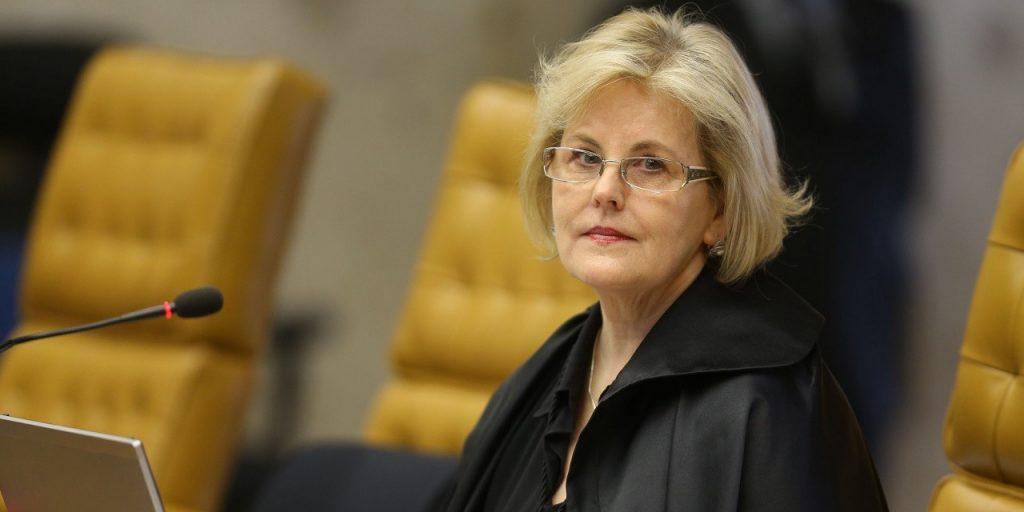
I have the feeling that until we return to what the 1988 constituents desired, to make the branches of government harmonious, independent of each other, within the exact limits of their competences, we will not have legal certainty in the country.
I know the value, the extraordinary merit of Justice Luís Roberto Barroso, whom I consider one of the greatest constitutionalists in Brazil. I would very much like to reflect on this.
I am convinced that until the Supreme Court returns to what it was during the time of Justice Moreira Alves, Justice Sidney Sanches, Justice Cordeiro Guerra, Justice Ilmar Galvão, Justices Oscar Correia, the justices who made history in the Supreme Court, we will not have legal certainty. I affirm: what Brazil needs most at this moment is legal certainty.”
Ives Gandra da Silva Martins is a tax and constitutional lawyer, professor emeritus at Mackenzie University, Unip, Unifieo, UniFMU, Ciee/O Estado de São Paulo, the Command and General Staff Colleges (Eceme), the Superior War College (ESG), and the Federal Regional Court of the 1st Region, honorary professor at the Austral (Argentina), San Martin de Porres (Peru), and Vasili Goldis (Romania) Universities, honorary doctorates from the Universities of Craiova (Romania) and PUCs PR and RS, and a professor at the University of Minho (Portugal), president of the Superior Council of Law of Fecomercio-SP, former president of the São Paulo Academy of Letters (APL), and the Institute of Lawyers of São Paulo (Iasp).
